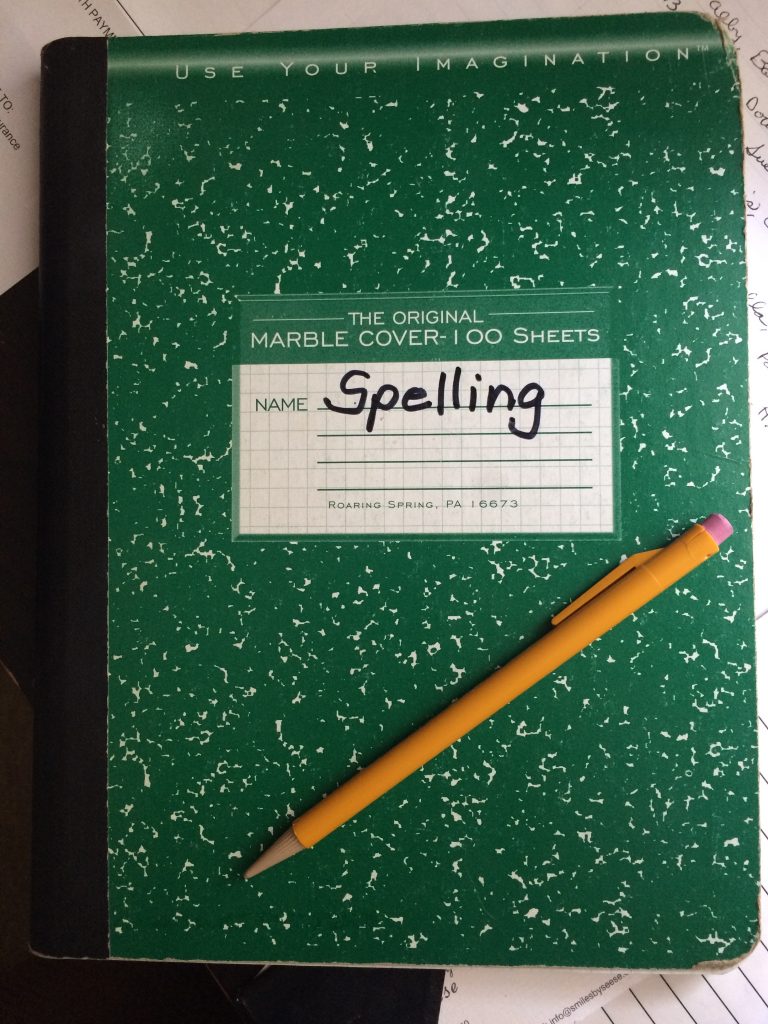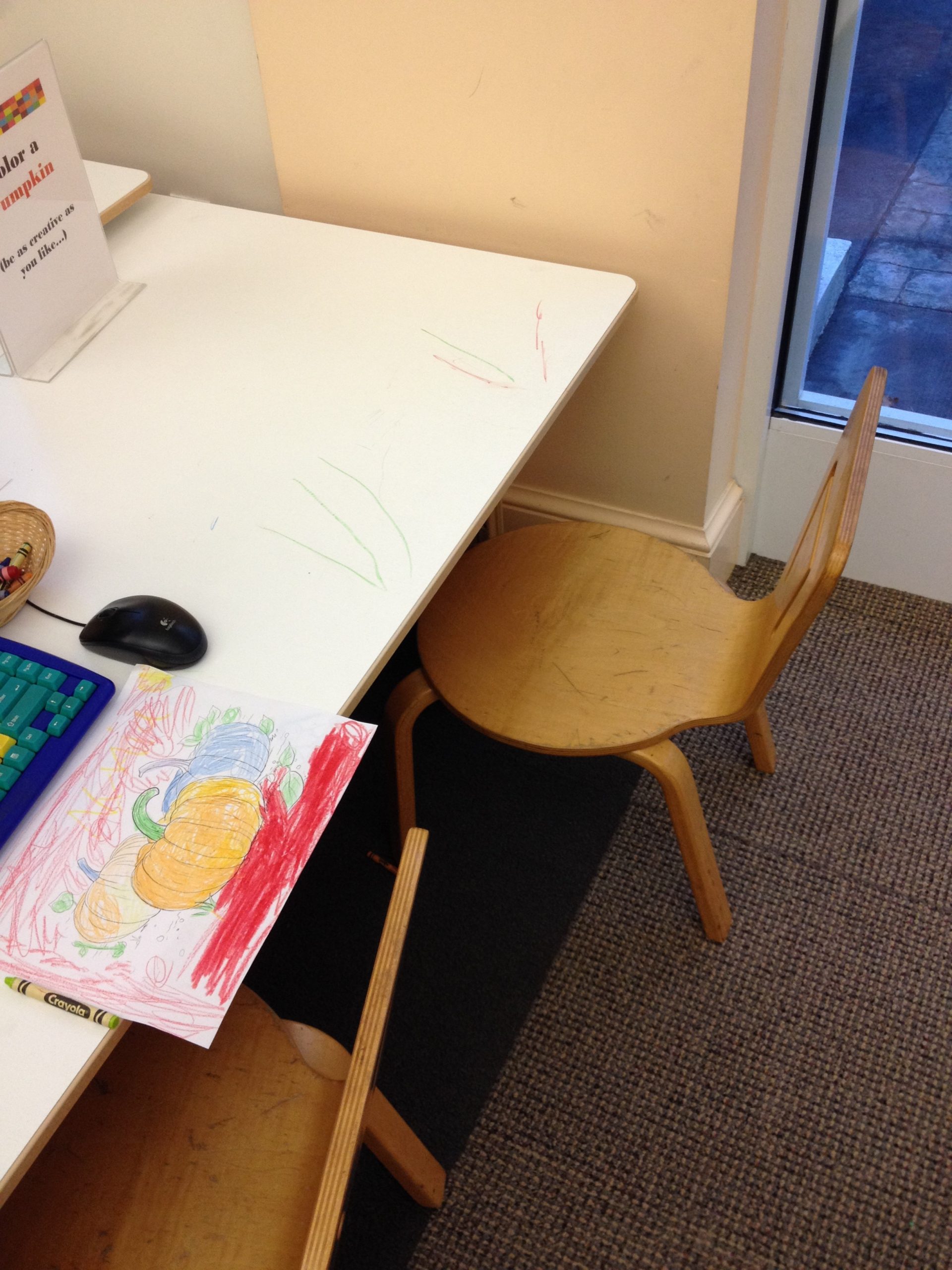Spelling lessons, rote memorization, or strategies is the dilemma of most classrooms. However, spelling lessons doesn’t appear to matter much anymore to students. It’s a forgotten skill in schools. However, many schools still give spelling tests. With Common Core Standards, spelling is put on the back burner. Hence, teachers do not utilize memorization as a means of learning. Therefore, the schools teach spelling as part of phonics and reading. This makes sense because students that are good readers are usually good spellers.
Spelling Doesn’t Matter
The reason spelling doesn’t appear to matter is because it counts little against students on standardized tests. Nor does it count for older students because the SAT does not hold poor spelling against the score. However, it matters as students are writing personal essays.
Technology changes everything. Students, as early as the elementary grades use spell check on their tablets or ask Alexa or Seri. Students do not often edit their writing because they trust technology. However, spellcheck often makes mistakes. Therefore, students must be taught to edit for errors.
Spelling Lessons Matter
Spelling helps students read. They are better able to connect letters and sounds. Especially, students need to learn to spell high-frequency sight words. This helps students to improve both reading and writing.
In the real world, there is no tolerance for misspellings. Misspellings reflect a careless attitude. In addition, spelling errors make people look uneducated. Whether students are using social media or email, poor spelling hinders communication skills. Students need written and oral communication skills to socially and professionally interact. To develop skills from verbal to written communication is complex. It requires observation and instruction to identify letters by sight. Then, build from sight to written patterns and verbal expressions.
Research finds spelling, reading, writing, and comprehension skills are interlinked. A study by L.C. Ehri for the Scientific Study of Reading sites, spelling instruction improves reading ability as it builds a learner’s knowledge of the alphabetic system.
As young spellers learn strategies, rules, and concepts, their vocabulary grows. Thus, they learn to spell using rules and concepts. Therefore, they are able to write effectively in everyday life.




